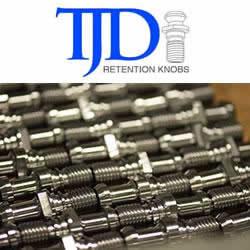Automated Engineering
Job Shop Manufacturing: Manual Material Transport Could Cost You $1m/year
Custom Formulators Create a Better Bond with Laminated Coil
Insights from the Factory Floor
Enhancing Storage to Accommodate New Product Launch
Why Smart Manufacturing Is Guaranteed to Need Industrial Robotics
Fit To Print: See Firsthand How GE's Additive Business Is Changing The Way We Make Jet Engines, Jewelry And More
Talking Industry 4.0 with Mark Kojak, HARTING, Inc.
How Innovations Are Driving Advanced Technology in Manufacturing
The Benefits of Just-in-Time Inventory
Why PKI matters for the IIoT
How Data Management Can Keep the Supply Chain on Track
Power to the People: How Humans are Heading Back to the Factory Floor
Cybersecurity in the Factory
Beyond Conveyors: Conveying a Quality Solution
Records 1351 to 1365 of 1659
First | Previous | Next | Last
Featured Product

